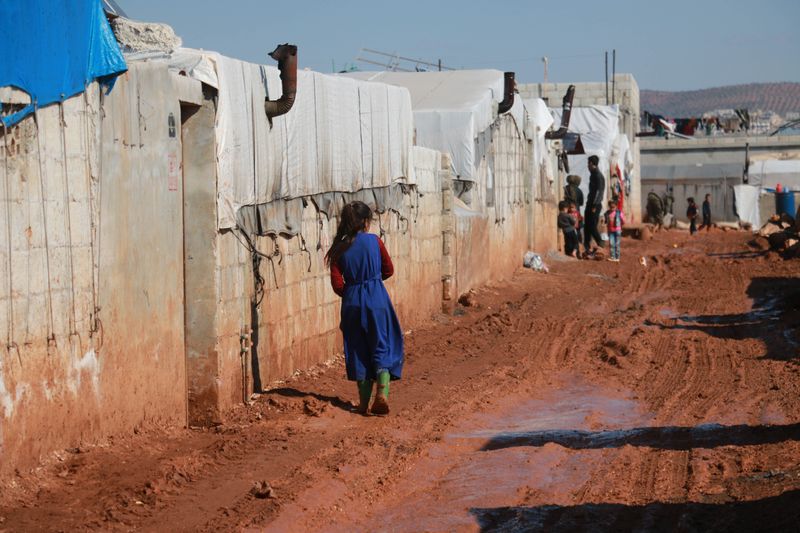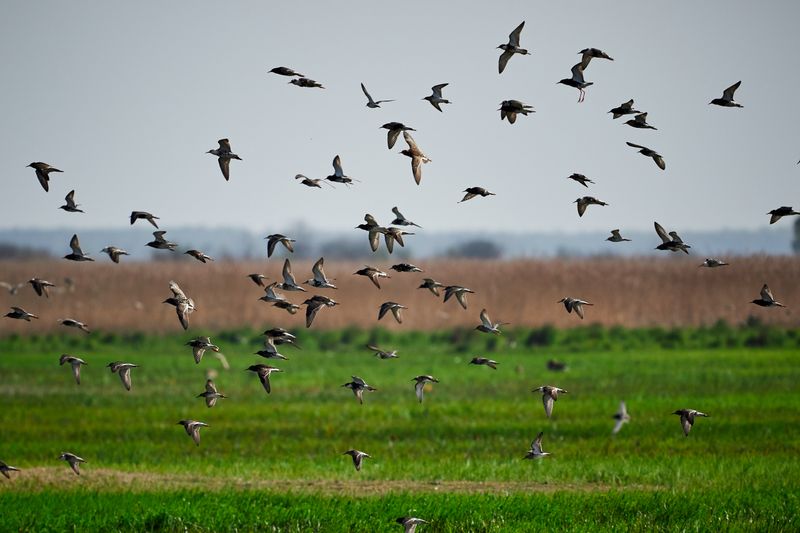Rwanda Policy: Suella Braverman says plan to stop the boats is being held back
The Issue at Hand
The ongoing debate surrounding the United Kingdom’s immigration policy took another turn this week as Home Secretary Suella Braverman expressed her frustration with what she termed “phoney humanitarianism.” Braverman accused critics of the government’s plan to send asylum seekers to Rwanda of hindering efforts to address the issue of small boat crossings in the English Channel. The Court of Appeal recently ruled that the government’s plans were unlawful, a decision that the government plans to appeal. The case was brought by Asylum Aid, who argued that the policy was in violation of the rule of law.
Unpacking the Ruling
The judges in the Court of Appeal found that Rwanda had not provided enough safeguards to ensure that it is a “safe third country” and that there was a risk that asylum seekers sent there could be forced back to the country they were fleeing from. This contravenes the European Convention on Human Rights, which protects against torture. However, Braverman insisted that this ruling does not imply that Rwanda itself is unsafe.
Challenges and Divisions
The government’s Rwanda policy has faced numerous obstacles since its announcement in April of last year. A deportation flight was halted in June due to a legal challenge, and in the following months, the High Court ruled both in favor and against the government’s plan. The recent Court of Appeal ruling serves as another setback for the policy. This ongoing legal battle underscores the deep divisions within British society over immigration and asylum.
Arguments on Both Sides
Proponents of the government’s Rwanda policy argue that it is necessary to deter small boat crossings and address the abuse of the asylum system. They claim that sending asylum seekers to a safe third country like Rwanda would not only discourage dangerous and illegal crossings but also prevent the exploitation of vulnerable individuals by human smugglers.
On the other hand, critics argue that the policy is unworkable, unethical, and excessively expensive. They question the safety and human rights protections provided by Rwanda and highlight the risks faced by asylum seekers. They also argue that the focus on deterring crossings detracts from addressing the root causes of migration and providing adequate support to those in need.
Reflections on Humanitarianism and Policy
The arguments put forth by Suella Braverman against what she calls “phoney humanitarianism” raise profound questions about the balance between national security concerns and humanitarian principles. While it is crucial to safeguard national borders and prevent illegal activities, it is equally important to uphold human rights and protect vulnerable individuals fleeing violence and persecution.
The Role of the Courts
The Court of Appeal ruling emphasizes the importance of the rule of law in safeguarding human rights. It is the duty of the courts to independently assess government policies to ensure they adhere to legal standards and respect fundamental rights. The decision to challenge the ruling further demonstrates the government’s commitment to defending its policy but could also prolong the legal uncertainties surrounding the matter.
Editorial: A Balancing Act
Addressing the Real Issue
While the debate over the government’s Rwanda policy continues to dominate discussions, it is essential to recognize that the policy itself is a response to a more significant problem — the increasing number of small boat crossings in the English Channel. It is crucial that policymakers and citizens do not lose sight of the underlying causes and find comprehensive and compassionate solutions to address migration.
The Need for International Collaboration
Addressing migration requires international collaboration and a comprehensive approach that goes beyond border enforcement. The root causes of migration, such as conflict, poverty, and climate change, must be tackled through diplomatic efforts and humanitarian aid. Additionally, providing legal pathways for migration and fair asylum processes can help alleviate the pressures faced by countries on the frontlines of migration routes.
Striking a Balance
The challenge for policymakers is to strike a balance between protecting national security and upholding humanitarian principles. It is possible to deter illegal crossings without compromising human rights. Any policy aimed at addressing migration must be founded on a deep understanding of the complex factors driving migration and an unwavering commitment to protecting the rights and dignity of individuals seeking asylum.
Advice: Moving Forward
A Comprehensive Approach
To address the issue of small boat crossings and asylum, the UK government must pursue a comprehensive approach. This includes:
1. Diplomatic Efforts: The government should engage with countries of origin and transit to address the root causes of migration. This involves diplomatic efforts to resolve conflicts, promote stability, and support economic development.
2. Humanitarian Aid: Collaborating with international partners and humanitarian organizations can ensure that those in need receive the necessary support, both within their home countries and during their journeys.
3. Legal Pathways: Expanding legal pathways for migration, such as resettlement programs and family reunification, can offer safe and legal alternatives to dangerous crossings.
4. Fair Asylum Processes: Improving the efficiency and fairness of the asylum process, including providing adequate legal representation and support, can ensure that genuine asylum seekers’ claims are properly assessed.
5. International Cooperation: Strengthening international cooperation, particularly within the European Union, can provide a coordinated response to the challenges posed by migration and ensure the burden is shared fairly across countries.
In pursuing these measures, the UK can demonstrate its commitment not only to national security but also to its obligations under international law and its humanitarian values.

<< photo by Ahmed akacha >>
The image is for illustrative purposes only and does not depict the actual situation.
You might want to read !
- Aston Villa in Advanced Talks with Villarreal for Spain Defender Pau Torres: A Key Boost for the Lions’ Defense?
- Colleen Ballinger Responds to Grooming Allegations Through Musical Artistry
- Innovation in the Ring: Corey Taylor’s Callout Inspires Randy Orton’s Next Move
- Rwanda ruling provides further evidence Illegal Migration Bill is misguided and ineffective.
- Lytham Festival 2023: A Complete Guide to Parking, Performers, and More!
- Drones Grounded: Lytham Festival Imposes Strict No-Fly Zone
- “Kate Garraway’s MBE Awarded Amidst Derek Draper’s Battle: A Bittersweet Moment”
- A Legacy Remembered: Honoring the Life and Career of Dame Ann Leslie
- Navigating Life’s Harmonies: Lewis Capaldi’s Journey with Tourette Syndrome and Tour Cancellation




